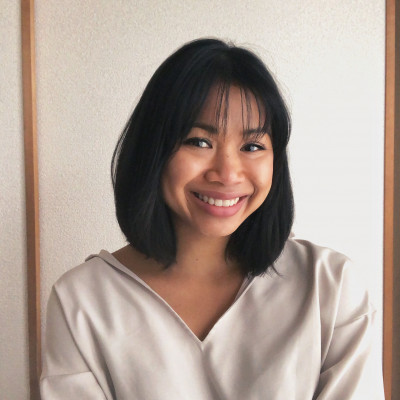Intercultural Communication in Language Education College and University Education Practice-Oriented Short Workshop
Transforming rudimentary tasks through the use of authentic materials
One of the most vital, yet challenging tasks of a language instructor is to create activities that offer a variety of real-world applications to help prepare students for life beyond their studies. Standard curricula, textbooks, and high-stakes tests are often rigid, with little room for creativity and relevant learning experiences. An increasing number of studies show that scaffolding authentic materials provides countless linguistic benefits, such as improved communicative competence (Berardo, 2006; Mishan, 2005), listening comprehension (Otte, 2006), exposure to unstructured language (Rogers & Medley, 1988), and non-linguistic advantages, such as motivation (Nuttall,1996) and enhanced cultural understanding (Little et al., 1989). This session will begin with an overview of the academic discussion revolving around the use of authentic materials in a foreign language classroom. Following this, the presenter will explore guidelines to consider when selecting authentic materials, and some simple, yet effective strategies for integration. In closing, the presenter will share some practical tasks that they have implemented in their Japanese university classes and offer insight into how it has impacted their students. The session will revolve around this question: How can educators exploit authentic materials to close the gap between the real world and the classroom environment?
-

Alexis Busso received her Master’s in Language Teaching from the University of Oregon. Her research interests include gamification, pragmatics, process-based learning, intercultural communication, and blended learning. She has taught in Tunja, Colombia, at the American English Institute in Oregon, and currently, she is a lecturer at Tokyo International University in Kawagoe, Saitama. Contact: abusso@tiu.ac.jp